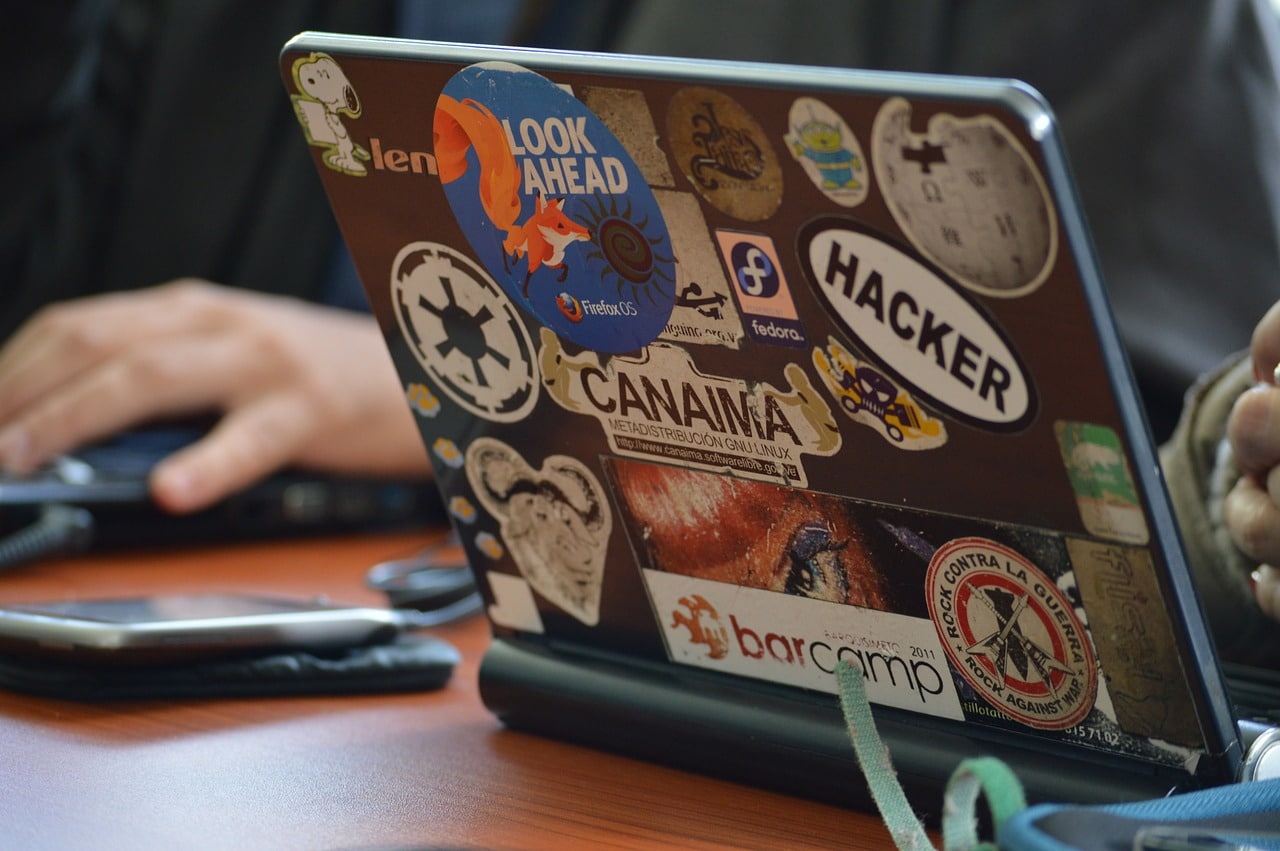

Hiding or changing your IP address is easy if you know which methods to use. If you want to hide your IP address to access geo-blocked websites or to deter hackers, then read on for more information. An IP address is a system identifier that keeps track of all of your Internet habits. Each system comes with its own IP address, similar to a home address, license plate, or Social Security number.
Every system is required to have an IP address that’s assigned to each computer or device. A search for “what is my IP address” can provide you with great sites to provide not only your IP address, but other useful information about it as well. This means your business computer, laptop, printer, smartphone, and tablet will have their own IP addresses. IP addresses reveal sensitive pieces of information such as the location of the systems they’re assigned to. Hackers use this information to gain access to your personal data.
Whether you’re worried about identity theft or you don’t like the thought of people tracking your every move, there are steps you can take to change your IP address and to keep your personal data safe.


IMAGE: PEXELS
One of the best ways to protect your IP is to use a trust-worthy VPN service. A Virtual Private Network encrypts your Internet traffic, hides your IP address, and allows you to access geo-blocked sites such as Hulu and Netflix. When you connect to a virtual network, you’ll receive a new IP address which masks your original one.
Downloading and installing VPN software takes just minutes. Once it’s installed, connect to it and change your IP at the click of a button. When you’re connected to the VPN service, the VPN software will assign a new IP address. All of your Internet traffic will be funneled through this new virtual IP address.
Proxy servers act as a wall between you and the Internet traffic. These third-party servers connect you to information packets in the desired location while changing the appearance of your IP address as it travels through the Proxy. The Proxy server will then intercept your traffic and take control of your Internet connection.
The Proxy server will do whatever you want it to do. It’ll pick up where you left off and take control of your Internet connection. The Proxy server will copy all of your Internet habits. Think of Proxy server is your gateway to the websites you want to visit.
The great thing about Proxy servers is that you can connect to anyone in the world. They’re great for bypassing geo-blocked websites and IP restrictions. The biggest difference between Proxy servers and VPNs is that VPN software will encrypt data coming in and out of your network while a Proxy server will intercept all traffic. While you can stream online content, you can’t download Torrented files.
The Onion Router, or TOR for short, is a free client that connects you to a network of servers. This assigns you to a new IP address, which makes it similar to VPN software. One great benefit of TOR is that it allows you to access websites that are otherwise difficult to access on normal Web browsers.
TOR is a popular network since it’s free and accessible. Due to its popularity, it’s attracted criminals and hackers. Most cybercriminals use it to conduct illegal transactions tied to drugs and weapons. It has also slow loading times to ensure your safety.
Another option is to use your cell phone provider’s mobile network. This is a quick and easy way to change your IP address if you fear someone else is using yours. Since it comes from a different system, it will provide you with a new IP address. This is not an alternative to VPN software and Proxy servers. This option should only be used in emergency situations when you fear someone has compromised your IP address. Relying on a mobile network is oftentimes ineffective and unreliable.
This method should also be used for emergency situations. Since your IP address doesn’t travel with you, use your laptop or mobile device to connect to a public Wi-Fi network. This is not an effective way to change your IP method as it doesn’t provide a secure way to surf the Internet anonymously. Using a public hotspot comes with its share of risks.
You have little to no control over which IP address your network gets assigned to. You can only contact your Internet Service Provider to change your IP address for you. Your ISP will assign two different IP addresses to you: Dynamic and Static. A dynamic IP address is not as difficult to change as a static IP address.
Most ISPs assign dynamic IP addresses. Contact your ISP and ask for a new IP address shouldn’t take long. But you’ll be hit with a slew of questions to determine your motivation for such a change. Informing them that your child or sibling wants to learn about the basics of networking should solve this problem and speed up the process.
Some people don’t think it’s necessary to password-protect everything on their computers, but your laptop and other devices should be password-protected. This includes your desktop computers, laptops, smartphones, and tablets. If it’s not secured by a password, a lost or stolen gadget can lead to identity theft and other problems.
This same rule applies to your online accounts. Most online accounts require a password to set up. The only challenge is creating strong passwords. Don’t use the password for all of your online accounts. One hacked account can result in all of your accounts being hacked. Use a password manager to manage all of your passwords.
In addition, use two-factor authentication for an online account that requires it. This will protect your account if a hacker accesses your account. Using security questions is not enough to protect your online account. They can easily answer these questions using your personal information. Make up answers and record that information in your password manager.
If your computer or device has been infected by a virus or malware, this allows hackers to access your personal data to steal your identity. The best solution is to install anti-virus software that monitors viruses. Keep your anti-virus software up to date. This rule applies to your mobile devices.
You should also make sure that your operating system has the latest security patches installed to it. Windows users should turn on automatic updates. MacOS users can check updates by default, but they can also check for updates manually. Android and iOS users are usually notified about updates by default, but it’s important to manually install them as soon as possible.
Your Web browser is how you travel the World Wide Web. If you’re not careful, you can leave a trail of footprints behind. There are several ways to protect your Web browsing habits. Turning off third-party cookies can keep advertisers away.
Disable JavaScript to prevent advertisers from tracking your Internet habits. You can also install a privacy browser plug-in, which will crack down on potential trackers. In addition, private browsing deletes your browsing history, cookies, and temporary files every time you close the window. Changing your IP address is one of the easiest ways to secure yourself. While there are other methods of protection, research each of the ways you can protect yourself and hide your IP address from hackers. This guide should help you choose your preferred method of hiding your IP address on the Internet. It’s best to use a combination of these methods to increase your protection.
If you are interested in even more technology-related articles and information from us here at Bit Rebels, then we have a lot to choose from.
IMAGE: PEXELS
Companies generally look for people with expertise in technical skills, but the hospitality industry also…
Esports has transformed from a niche pastime into a global phenomenon, with millions of fans…
Marketing has historically been focused on what you can tell your audience— how you can…
Do you ever get so busy taking care of everyone and everything else that you…
The Bitcoin price in USD has fluctuated steeply over the past month, from a high…
The world of mobile gaming is constantly evolving, offering players new challenges and opportunities every…